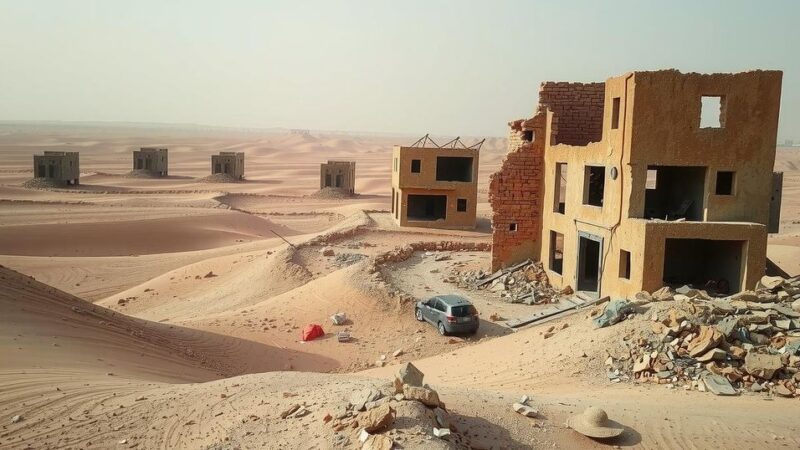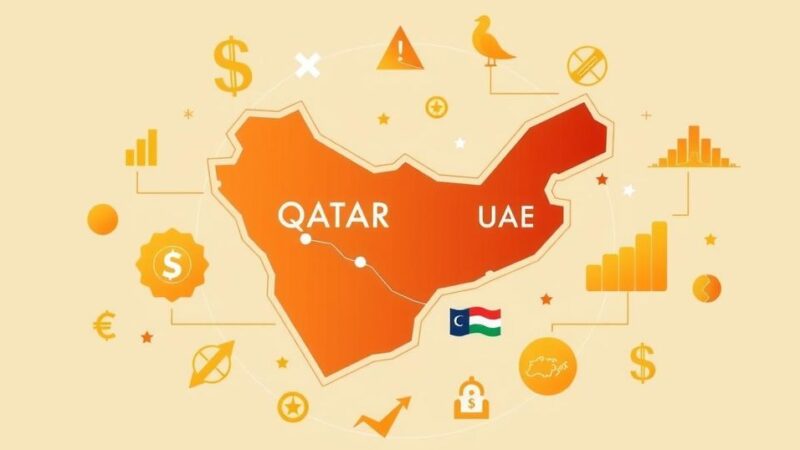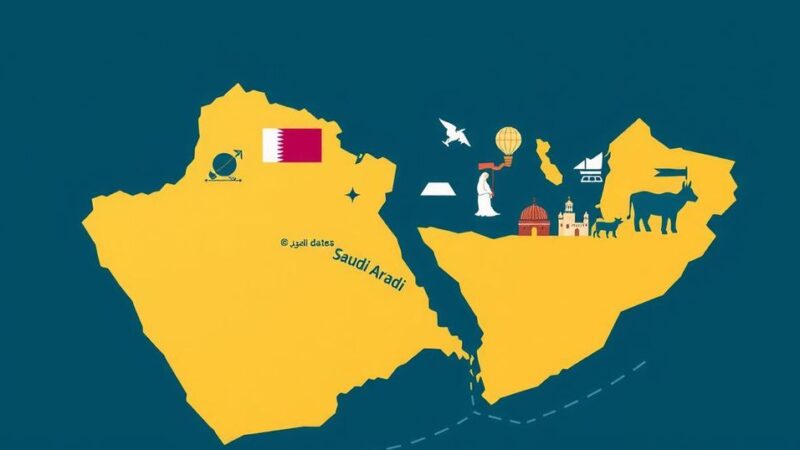Bangladesh has started to revive its relationship with Pakistan following recent political changes, which includes direct trade and improved military cooperation. While historical grievances from the 1971 war continue to pose challenges, experts suggest the revival of ties may be viewed strategically against Indian dominance. Observers in India are concerned about these developments and their potential impact on regional stability.
The political landscape in Bangladesh shifted dramatically following Prime Minister Sheikh Hasina’s ouster. In an unexpected turn, Bangladesh has fostered closer ties with Pakistan, a once-hostile neighbor. Notably, the two nations initiated direct trade last month, importing rice from Pakistan for the first time in decades. Additionally, both countries have revived direct flights, military engagements, simplified visa processes, and have begun security cooperation, signaling a thawing in relations.
The historical context between Bangladesh and Pakistan is deeply rooted in animosity stemming from the 1971 Independence War. During this conflict, East Pakistan, now Bangladesh, sought independence, a movement supported by India. Although relations were relatively cordial between 2001 and 2006, they soured significantly during Sheikh Hasina’s prolonged rule, where she maintained a close relationship with India and distanced herself from Pakistan.
Humayun Kabir, a former Bangladeshi diplomat, indicates the relationship between Bangladesh and Pakistan has shifted back to a stance akin to that of “two normal neighbours.” India, primarily concerned about the implications of this rapprochement, has been closely monitoring the situation, given its historically fraught relations with Pakistan.
The recent cooling of relations between Dhaka and Delhi occurred after Hasina’s exit, as India has not responded positively to Bangladesh’s calls for her extradition to face various charges. Experts highlight that the current rapprochement may serve as a strategic defiance against Indian influence in the region. Ayesha Siddiqa, an academic, emphasizes this relationship as a tactical move to counter India’s dominance.
Several recent developments emphasize the warming connection between Bangladesh and Pakistan, including meetings between Muhammad Yunus, the interim Bangladeshi leader, and Pakistani Prime Minister Shehbaz Sharif. Additionally, a Bangladeshi military delegation visited Pakistan in January, and Bangladeshi naval forces participated in joint exercises, demonstrating a growing military rapport.
Veena Sikri, a former high commissioner from India to Bangladesh, cautions that the escalating ties could evoke past security concerns, recalling incidents of alleged Pakistani support for insurgents during her tenure. Despite such concerns, both Bangladesh and Pakistan have denied any resurgence of militancy. Indian analysts are worried about the military partnership, especially in light of historical cross-border insurgent activity.
Bangladeshi politicians understand the need for maintaining economic ties with India, and despite warming relations with Pakistan, they recognize the historical grievances linked to the 1971 war must be addressed for normalization to occur. Bangladesh has continued to demand an apology from Pakistan for wartime atrocities, while Pakistan shows little willingness to comply, further complicating diplomatic relations.
The socio-economic potential between these two nations remains largely untapped, with bilateral trade currently below $700 million. Economists like Sabrin Beg suggest that by improving political and trade relations, both nations could benefit significantly. With anticipated discussions slated during upcoming diplomatic visits and Bangladesh facing general elections later this year, the future of these relations—and their implications for India—remains uncertain.
The evolving relationship between Bangladesh and Pakistan suggests a significant shift in regional dynamics, particularly after political upheaval in Bangladesh. The rekindling of diplomatic, economic, and military ties speaks to a potential strategic alliance. However, unresolved historical grievances from the 1971 war complicate this burgeoning partnership. India closely observes these developments, understanding the implications for regional stability. The future trajectory of Bangladesh’s foreign policies will influence not only its relations with Pakistan but also its longstanding connection with India.
Original Source: www.bbc.com






